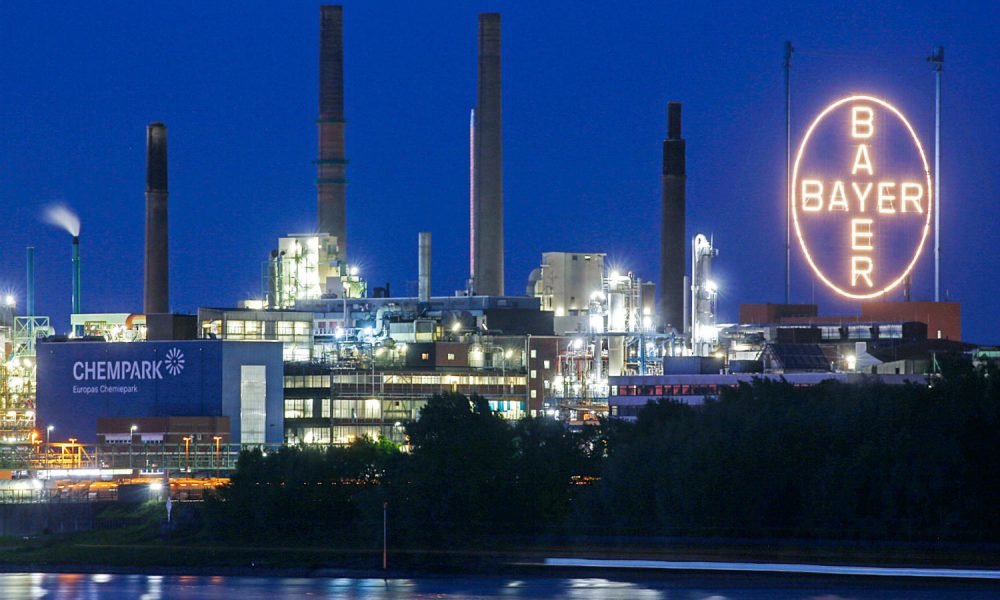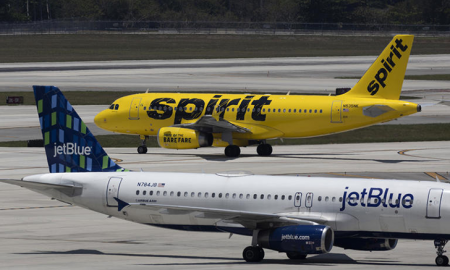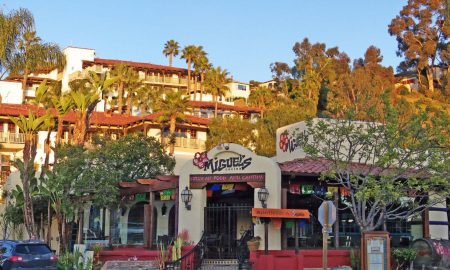
Bayer Makes 12,000 Job Cuts Following Monsanto Acquisition

Bayer, the chemicals and pharmaceuticals group, has recently announced that it was going to cut about 12,000 jobs by 2021. Given the fact that the company has a robust 118,000 strong employee base, the cut is going to massive affect operations, more so at its home base in Germany.

In the new setup, about 4,000 jobs will be lost in the crop sciences sector.
This new development follows Bayer’s recent $60billion acquisition of Monsanto, it’s traditional U.S. rival. For the deal to go through, Bayer pledged to sell some of its assets including the seed business and a couple of herbicide brands.
Bayer has also revealed that it plans to let go of more assets. Chief among them being Coppertone, it’s famed sunscreen establishment and Dr. Scholls, made popular by footwear enthusiasts. The company has made public its plans to make a break from the animal health industry by selling its 60% investment in Currenta.
Just this annum, Bayer shares have depreciated by about a third. Analysts believe that the key contributor for this nosedive is the company’s exposure to lawsuits brought about by Roundup, a weedkiller that was conceptualized by Monsanto.
San Francisco jurors actually found the company guilty in August and decided to award damages amounting to $289 million to a former school groundskeeper who claimed to have contracted terminal cancer after using the product. Later on, a judge decided to reduce the damages.
Following the lawsuit, several other patients cited suffering from the product. In response, Monsanto refuted their claims by saying that the product is perfectly safe if used in the right directions.
Fears
Werner Baumann, the chief executive, is currently under fire to make drastic moves and enhance Bayer’s share price which has depreciated massively since the allegations came to the public domain.
Speaking to reporters, Braumann confessed that some of the changes at the company were necessary for Bayers to improve its service delivery and agile performance in the market. The cited that the new measures would ensure that they are able to fully utilize their growth potential. He added that he was fully aware of the gravity of the situation, especially to employees, but stressed that the company was looking to implement the new changes in a fair and responsible manner.

So far, the share prices have dipped by about 35%.
Markus Mayer, a famed analyst who works at Baader Helvea, recently opined that Coppertone and Dr. Scholl’s have the potential to bring in about €1bn while the company’s stake in Currenta could make €1.5bn. Some of the likely buyers include companies like Procter & Gamble and Reckitt Benckiser.
Going forward, Bayer plans to enhance its operations to center more around external innovation in a bid to achieve further development of their research and development plans. The extra resources that will arise from the reduction in internal staff are likely to be used in making bold investments in joint research models and outside innovations.
Some of its other plans include stopping operations in the VIII facility situated in Wuppertal, Germany. The site is renown for the production of recombinant factor VIII, a key ingredient in the treatment of various ailments like hemophilia, a rare blood-clotting condition.
Plans
Instead, Bayer intends to focus production of the recombinant factor in its other base in Berkley, USA. Prospects are high in the hemophilia industry after a couple of new products were launched which Bayer expects to further steer the competitive edge of the business.

All these corporate strategies, capital allocation priorities and financial plans were laid bare by Bayer during the Capital Markets Day convened in London on 5th December.
In future, most probably from 2022, Bayer expects the new measures, which include synergies signed with Monsanto, to translate to annual donations of €2.6bn. On average, the one-time cost of the new measures is expected to be about 1.7 times the rate of the annual offering.
Objectively, Bayer is looking to boost its core earnings per share anywhere from €1-€6.80 by 2019. By 2022, Bayer believes that the earning will surpass €10 per share. In sum total, Bayer expects to boost its Earnings Before Interest, Taxes, Depreciation, and Amortisation (EBITDA) by more than 30% in 2022.
Before the convention, Bayer had predicted that it’s 2018 earnings would replicate the numbers registered in 2017 at €6.74 a share. Notably, Bayer had amended 2017’s core EPS downwards to €6.64 per share in a bid to reflect it’s status following the rights offering in June.
The acquisition of Monsanto by Bayer is the latest in the slew of other major deals to have shaped the seeds and pesticides market. Just last year, DuPont Co. merged with Dow Chemical Co. On the other hand, Syngenta AG was acquired by National Chemical Corp.
More in Finance & Business
-
`
Santo Spirits: Sammy Hagar and Guy Fieri’s Joint Venture
In the world of business partnerships, some combinations might seem unconventional at first glance. But when you delve deeper into the...
November 16, 2023 -
`
Everything You Need to Know About Mortgage Rate Lock
You have probably embarked on the exciting yet nerve-wracking voyage of purchasing a home. Amidst the sea of paperwork, open houses,...
November 9, 2023 -
`
7 Effective Ways to Make Your Business More Sustainable
In an age of rising environmental consciousness, making your business more sustainable isn’t just a trend; it’s a necessity. Sustainable practices...
November 3, 2023 -
`
Housing Market Going Up? Then Why Not Rent?
“Buy a house! It is the best investment!” How many times have you heard that? Probably enough to make a drinking...
October 29, 2023 -
`
Surprising! Celebs Who You Didn’t Know Had a Master’s Degree
When it comes to celebrities, we often associate them with glitz, glamour, and blockbuster movies. But did you know that some...
October 17, 2023 -
`
Navigating the Housing Maze: The 7% Mortgage Rate Quandary
If there is one thing that this year has thrown our way (apart from those fascinating tech gadgets we did not know...
October 12, 2023 -
`
Where to Buy a House in the U.S With a $100K Salary
Got a cool $100,000 annual paycheck in your pocket? Cheers to that accomplishment! With such a financial cushion, dreams of homeownership...
October 6, 2023 -
`
The “Grave” Housing Crisis Forcing U.S. Homeowners to Sell Their Houses
Every culture has its dreams and aspirations. For those living in the United States, it has traditionally been an idyllic house, spacious and...
October 1, 2023 -
`
Why Private Equity is Betting Big on Hollywood
Hollywood has long been a glamorous yet unpredictable industry. But what is new in Tinseltown? Private equity investments. Yes, that is right!...
September 19, 2023















You must be logged in to post a comment Login